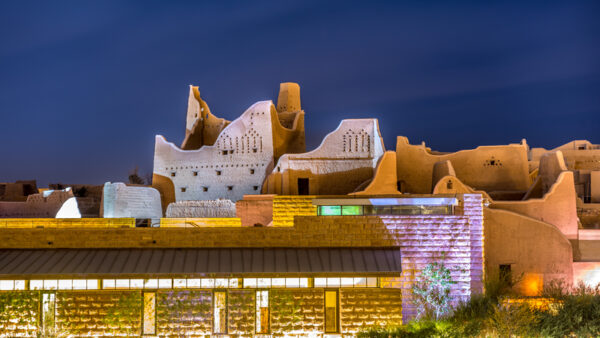The EU’s European Investment Bank (EIB) has been accused by a collection of 15 NGOs of funding projects that violate human rights.
The group has published an open letter to the bank to coincide with the Finance in Common Summit, a virtual conference held from 11 to 12 November to bring together 450 public development banks.
The letter alleges that the EIB has financed projects that have contributed to human rights abuses and failed to reacted to assaults on local communities and human rights defenders.
One project highlighted in the letter is the 220kV Marsyangdi Corridor Transmission Line in Nepal. The writers allege that the EIB failed to gain consent from indigenous peoples for the line, which will pass over homes, lands, forests and community spaces.
Another EIB-funded development under scrutiny is the $1bn Nenskra hydropower plant in Georgia, which the groups claim will rob indigenous communities of their ancestral lands and traditional livelihoods, and destroy ecosystems.
The letter lays out a number of recommendations for the EIB, including improving due diligence, engaging in more consultation with communities and developing specific policies on human rights defenders.
A recent report by European NGO Counter-Balance suggests that human rights have become a low priority for the EIB’s management committee.
Xavier Sol, Counter Balance’s director, said: “We are alarmed that Europe’s financial arm is not equipped to act as a genuine development bank and actually contributes to human rights violations around the world.”
Aleksandra Antonowicz-Cyglicka, the report’s co-author, said: “Our analysis shows that the EIB needs to take concrete steps to ensure its operations do not cause harm. For example, adopting a new human rights framework with a sound due diligence system at project level and reinforced environmental and social standards.”
Image: The Lamjung district of Nepal, which would be disrupted by construction of the 220 kV Marsyangdi Corridor Transmission Line (Thekiranbaral/Dreamstime)






